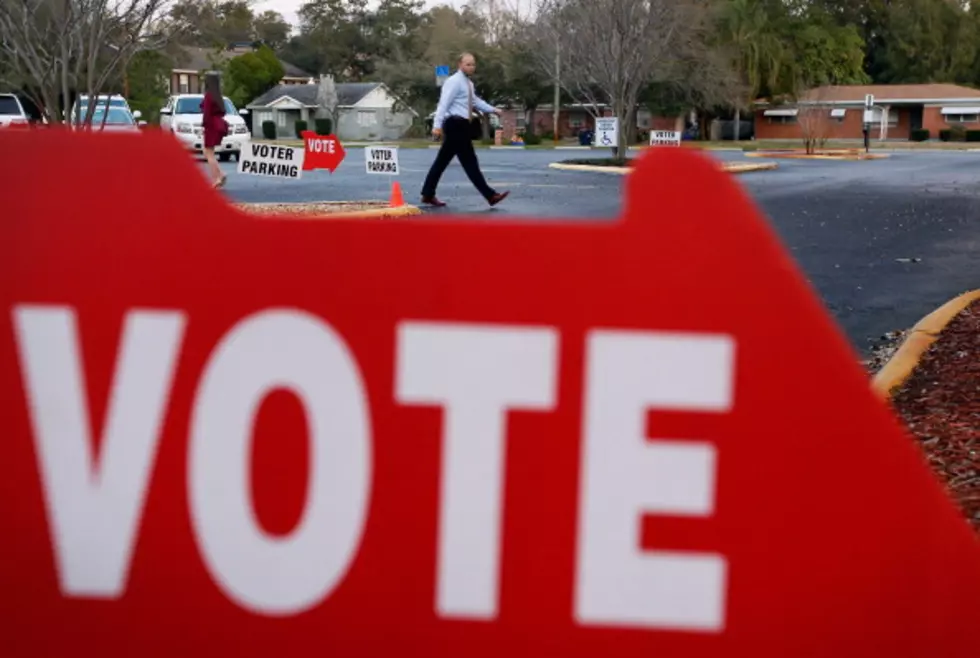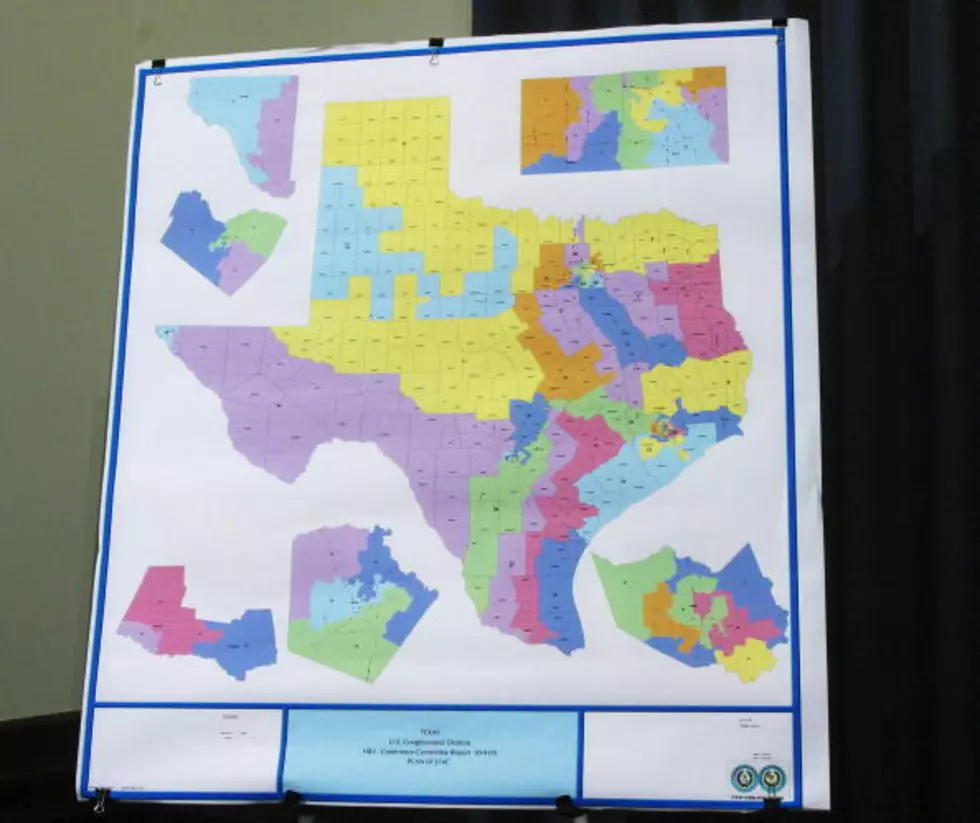
Texas Redistricting Goes on Trial
After months of legal filings and lawyers wrangling, a panel of three federal judges listened to opening arguments Tuesday in a key trial that encompasses several challenges to the state's redistricting maps.
This is the trial of a lawsuit filed jointly by the Mexican American Legislative Caucus and the Mexican American Legal Defense and Education Fund (MALDEF).
The plaintiffs claim the maps prevent minority voters from gaining a sufficient number of new seats based on what Texas gained from population growth, and reduced minority representation in the state legislature and in the Texas congressional delegation.
In their opening statements, the plaintiffs charged that Republicans in the state Legislature actively worked to dilute the voting power of minority voters by packing them into existing minority districts and failing to create new minority-opportunity districts to reflect the state's booming Hispanic and African American populations.
The maps passed by the Texas Legislature amounted to a "racial gerrymander" that represented "intentional discrimination," Jose Garza, attorney for the Mexican American Legislative Caucus, told the judges.
Key Republicans involved in the redistricting process deny the charges. They argue that minority groups and the Democratic Party have taken the maps to court to get a map that they could not win at the ballot box.
The state's lead attorney, David Schenck, said "fixing" an election outcome "with racial gerrymandering … is an unconstitutional stretch" of the Voting Rights Act.
"There is little resemblance to the Texas of (50) years ago," Schenck said. He said "those days are over," referencing the state's past Jim Crow laws, and the fact that Texas now has two viable political parties is proof of that.
Regardless of the outcome of this lawsuit, the redistricting must be approved by the US Justice Department under the federal Voting Rights Act of 1964.
More From Newstalk 860









